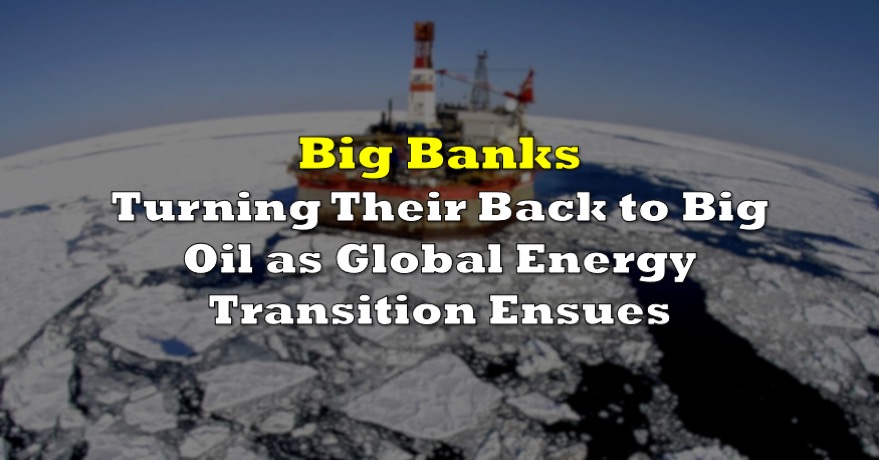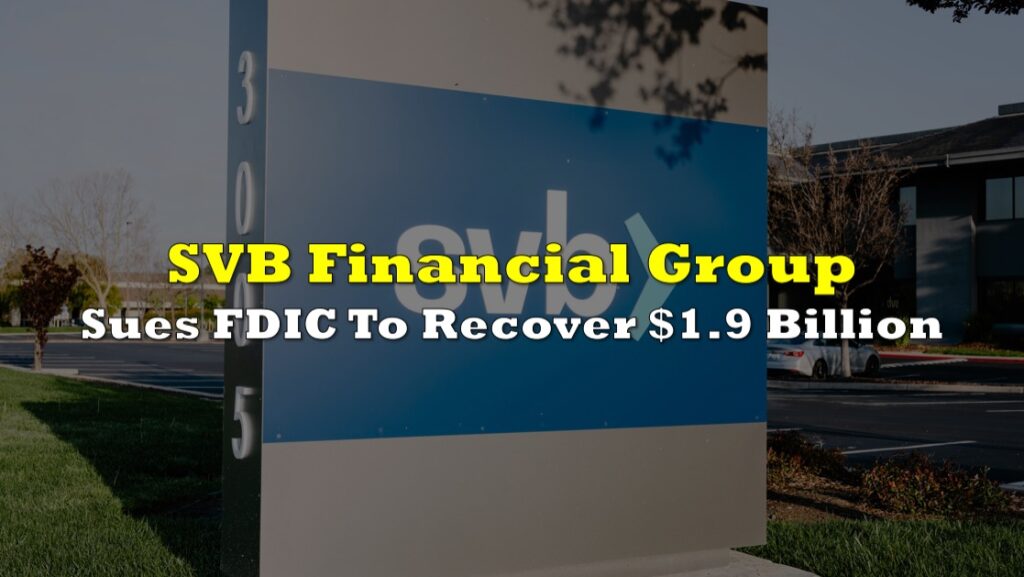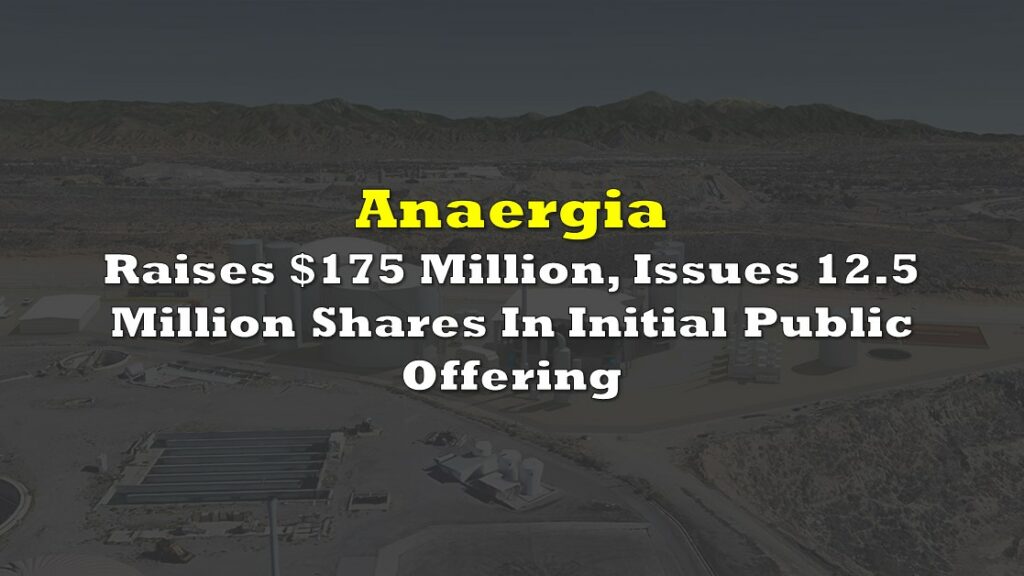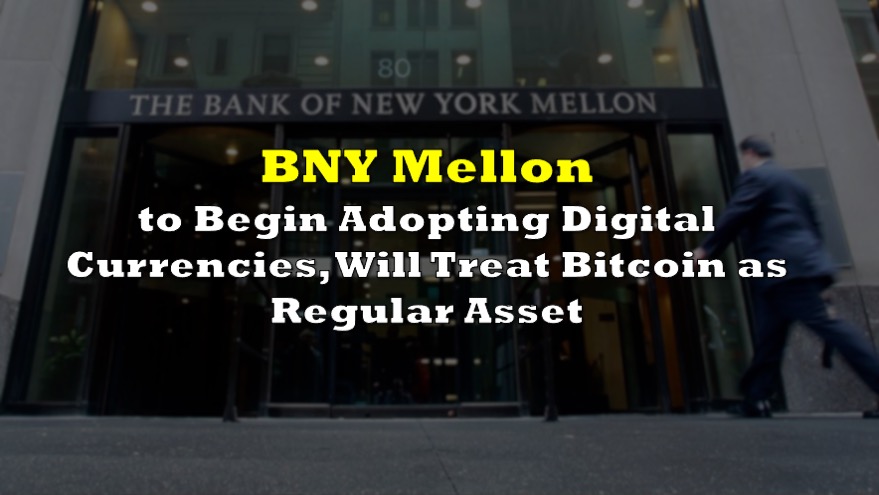As much of the world transitions towards a carbon-reduced, green energy future, Big Banks have taken notice, and as a result have been refocusing their financial support to at an alarming rate. As a result, many are turning their shoulder away from the oil industry and are growing reluctant on providing loan financing to oil and gas companies.
An increasing number of US banks have been turning their shoulder away from the oil industry, even before the coronavirus pandemic decimated oil prices and the resulting oil demand. Even prior to the pandemic, oil well productiveness was falling short of forecasts, while producers continued to sink further and further into debt. Then in 2020, the downward trend intensified, as many oil and gas companies either completely refrained from drilling and went into survival mode, or went bankrupt. Simultaneously, the green energy movement intensified, as governments around the world pledged carbon-reducing post-pandemic recovery plans as a means of spurring growth from the recessionary lows.
The European Union recently announced that 37% of its $878 billion pandemic recovery fund will be allocated towards green energy projects, coinciding with other government’s investments into a green energy post-pandemic future. This is turn has caught the attention of big banks, many of which are eager to follow the money. JPMorgan for example has pledged to help its clients better align their businesses with the Paris Agreement emission targets, while HSBC has earmarked $1 trillion towards funding green energy projects. In the meantime, a prominent investor group comprised of Nikko Asset Management Co and AXA Group have called on large corporate greenhouse gas emitters to set reduction targets in order to achieve zero-carbon emissions by mid-century.
In the meantime, five of the largest US banks including Goldman Sachs, Citigroup, and Morgan Stanley, have all pledged to refrain from financing oil and gas drilling in the Arctic. This comes as Wall Street has been receiving poor financial returns from the oil and gas industry over the years, as well as increased pressure from environmental groups. In addition, the deteriorating market conditions brought on by the pandemic have soured the taste for allocating capital towards new exploration.

Such scenarios as the ones described above are certainly becoming more and more common, and point to one integrated theme: banks and other financial institutions are increasingly distancing themselves from oil and gas, and are instead allocating their financial support towards greener investments. However, according to the US Petroleum Equipment & Services Association President Leslie Beyer, such a drastic move among banks and investors would prove to be harmful for the industry, and a complete shift towards renewable energy is going to come with some significant challenges.
Beyer draws attention to the current state of renewable energy technology, noting that it is still far from being developed at such a scale that it will be able to provide enough power to meet global demands. In the meantime, both and oil and gas still play an integral part of the renewable energy supply chain, because to power the world on green energy alone would come at a significantly higher price tag. Nonetheless, despite the challenges, the renewable energy sector is still garnishing more attention from banks and big oil companies because of its potential demand growth in the future.
Much like the banks are following government green energy investments, big oil companies are taking notice and beginning to move in tune with the transition. As banks allocate their investments into renewable projects, companies that are putting themselves into positions that capitalize on those investments are ultimately going to reap the benefits. BP Oil for example, has recently announced its intention to approve over 20 gigawatts of renewable energy projects within the next five years, as well as increase investments in wind energy.
Information for this briefing was found via Oilprice.com, Reuters, and Banking on Climate Change. The author has no securities or affiliations related to this organization. Not a recommendation to buy or sell. Always do additional research and consult a professional before purchasing a security. The author holds no licenses.









